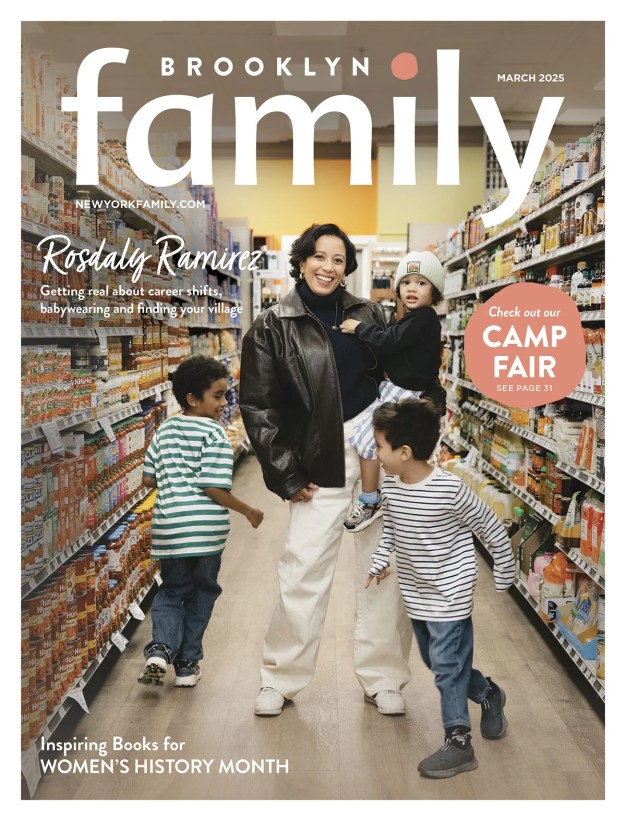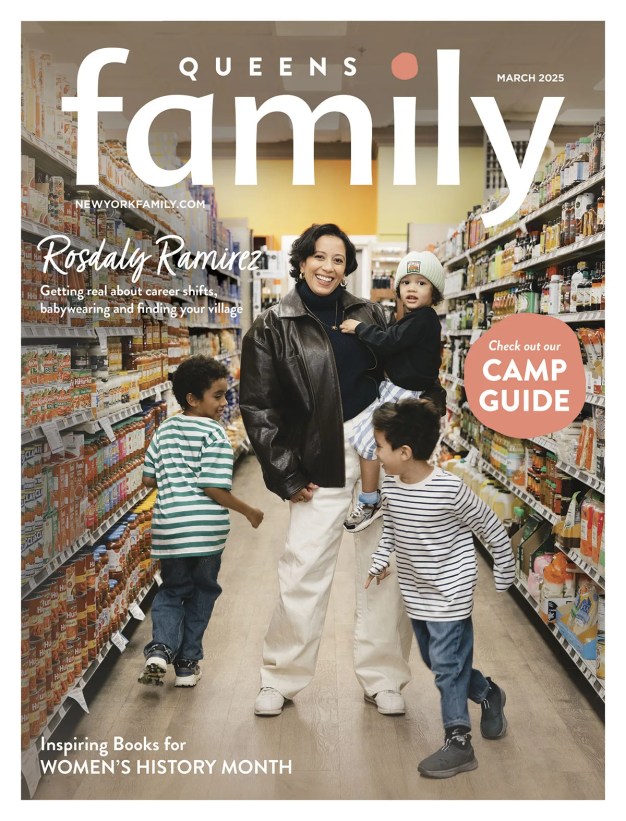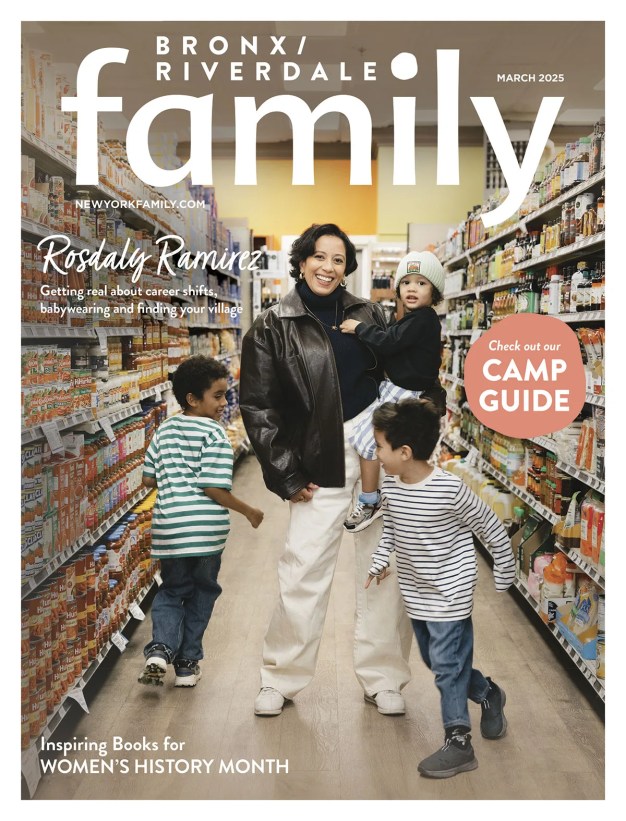 Traveling is expensive even when you’re doing it solo. Add a partner and a kid or two, and you’re getting into second mortgage territory what with airfare, meals, and accommodation.
Traveling is expensive even when you’re doing it solo. Add a partner and a kid or two, and you’re getting into second mortgage territory what with airfare, meals, and accommodation.
But it doesn’t have to be that way, especially when you live in New York–where people want to borrow your apartment.
Throughout our years living in Manhattan, we’ve seen friends save thousands of dollars with vacation swaps through established companies like HomeExchange and Intervac. For membership of $100 to $500 per year, members can access hundreds of homes around the world. With a few clicks, they’re connected with fellow homeowners who are in search of a fit. Often, swaps are simultaneous; sometimes, one member uses a home with the expectation that they will make their place available at a mutually agreeable point in the future.
In exchange, members get a free place to stay, often a stand-alone home with kitchen, living room, laundry room (!), yard, and the experience of living as a local rather than a tourist. It’s not unheard of for a car and pool (backyard or club) to be part of the package. We’ve known people to swap their Manhattan apartments for farmhouses in Italy’s Umbria region, Orlando, Phoenix, Charleston, Colorado, British Columbia, and even farther afield.
And saving money is only part of the allure. Anyone who’s traveled with children knows that a trip spent at a full house often is more pleasant than even the best hotel room with two double beds and a flat screen. And cooking even just a few meals rather than dining out on every occasion will save a family hundreds of dollars.
Things to consider before you swap:
- You’ll need to leave your home in tip-top shape, with at least some closets and drawers cleaned out for guests. Similarly, you should leave the home that you borrow just as you found it.
- Even the most careful guest may accidentally mark a sofa cushion, break a glass, or clog a toilet. Realize that accidents happen, though most guests are careful and treat your home as their own.
- Specify the terms of your agreement—dates, rooms for use (some bedrooms may be off limits), how much of your spices and flour they can use, etc. Most people allow you to use their computer and spices but would appreciate your leaving the port alone.
- If you’re concerned about the commitment of your swappers, you may want to wait for them to book their airline ticket before you book your own.
- It’s wise to lock away jewelry, silver, and important documents before you turn your home over to strangers.
- Before you sign up for a swap, make sure your building allows swaps. Some co-op forbid them.
Even people who get skeeved out at the idea of strangers sleeping in their sheets or drinking from their tumblers may find value in home exchange sites. Homeowners will not only list their primary homes but also make their second homes available for exchange. Since they tend to just swap these properties—rather than rent them—they may charge less than market rate.
Finally, in addition to outright swaps, many home exchange members are generous souls with large homes. If you’re passing quickly through an area, and don’t make a nuisance of yourself, many will offer you a free place to stay for a night or so.
Hillary Chura writes our Le$$er Parenting column. She lives in Manhattan with her husband and their two sons in a building that doesn’t allow home swaps.


















